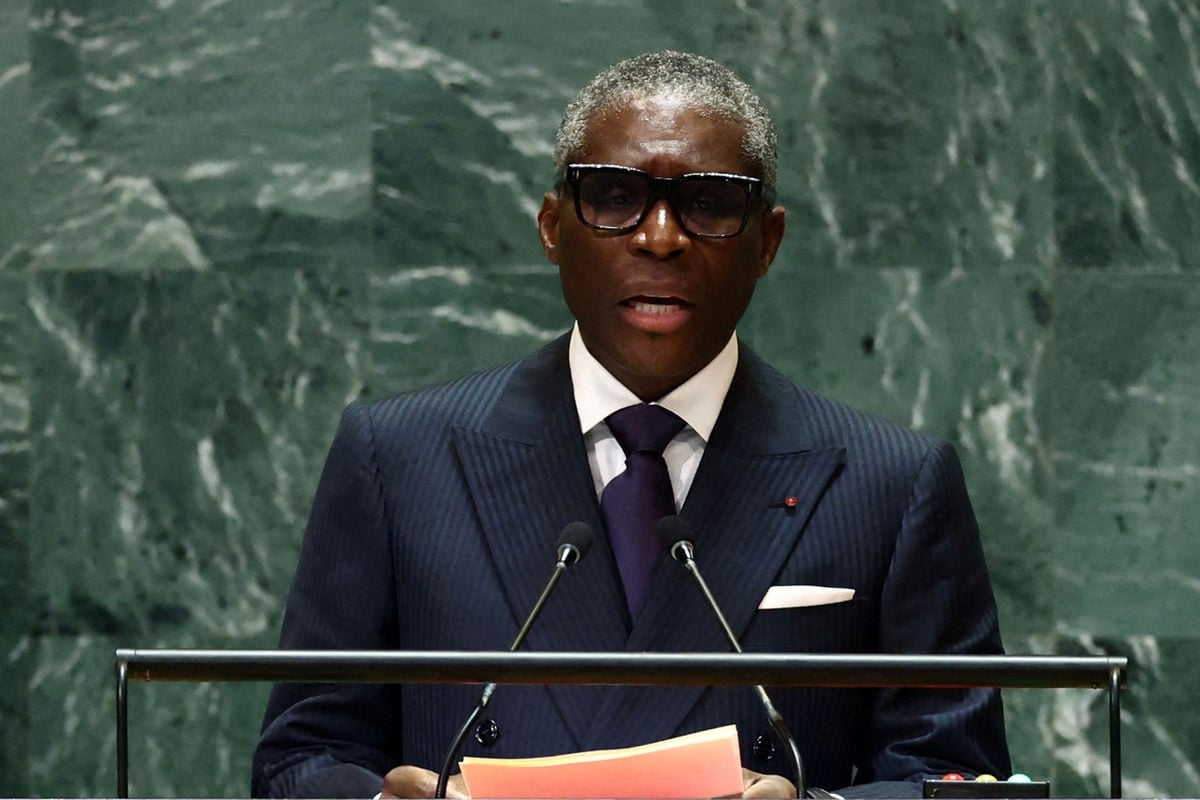Prime
Kanungu tea firms face closure over poor roads, power shortage

Farmers harvest tea leaves in Kanungu District. The poor road network has made transportation of tea difficult. PHOTO BY OTUSHABIRE TIBYANGYE
What you need to know:
Managers note that shortage of electricity is undermining the development of rural industries.
Kanungu
At least 40,000 people could lose their jobs after managers of tea factories in Kanungu District threatened to close the companies if the government does not address the persistent power shortages and the poor road network in the area.
In a petition to the Ministry of Energy, the managers said they would shut down the firms on February 15 if no action is taken. “When we started on the tea project, we agreed that roads are key to its implementation, but now government has remained adamant,” Mr James Musinguzi Garuga, the chairperson board of directors at Kinkizi Development Company Limited, said last week. The company owns Bwindi and Rugyeyo tea factories.
Mr Caleb Tumwesimire Kipande, the chairman board of directors of Kayonza Tea Growers Factory, said the government scrapped the fuel subsidy, which was extended to the rural industries.
He said the promised industrial power tariff rate of Shs197 per unit is dependent on initial consumption of 500KVA before one can qualify. “This undermines the development of the rural Industries. The power shortage problem has remained. We thought it would have been solved by the construction of the Ishasha Hydro Power Dam,” Mr Tumwesimire said.
However, when contacted for comment, the spokesperson of the Ministry of Energy, Mr Matovu Bukenya, said: “The power station in Kanungu is independent. If the operator has no power to supply to the people, he should explain why. Maybe they have technical or environmental problems.” “Let the CAO go to Ishasha Hydro station and ask what the problem is instead of sending the factory operators to petition the ministry,” he added.
The chief administrative officer, Mr Chrysostom Kayiise, said he would work with the Energy ministry after they have reviewed the petition. On the issue of the promised tariff, Mr Bukenya said it was not the role of the ministry to set power tariffs but the Electricity Regulatory Agency. Efforts to get a comment from roads officials in the district were futile as they could not answer our repeated calls.




